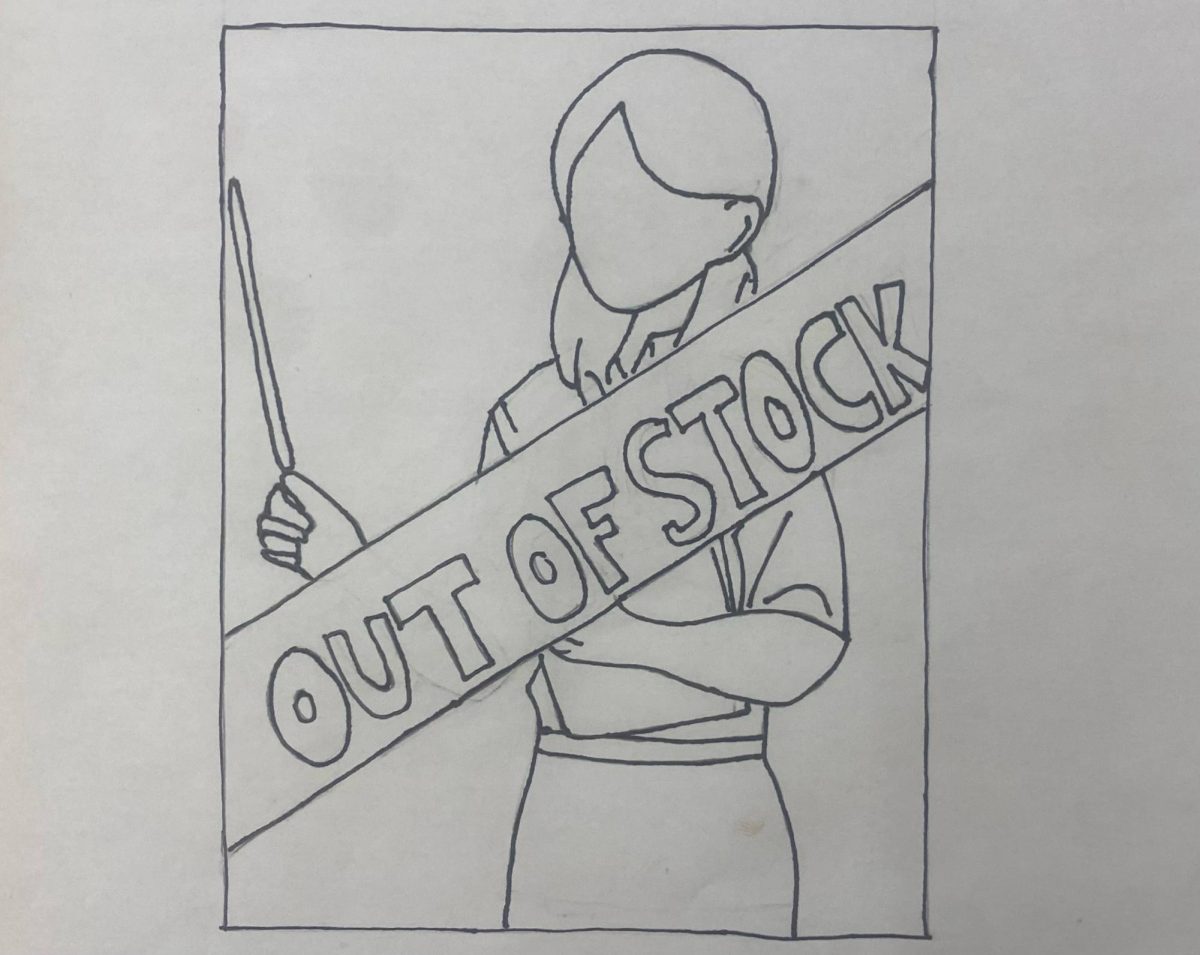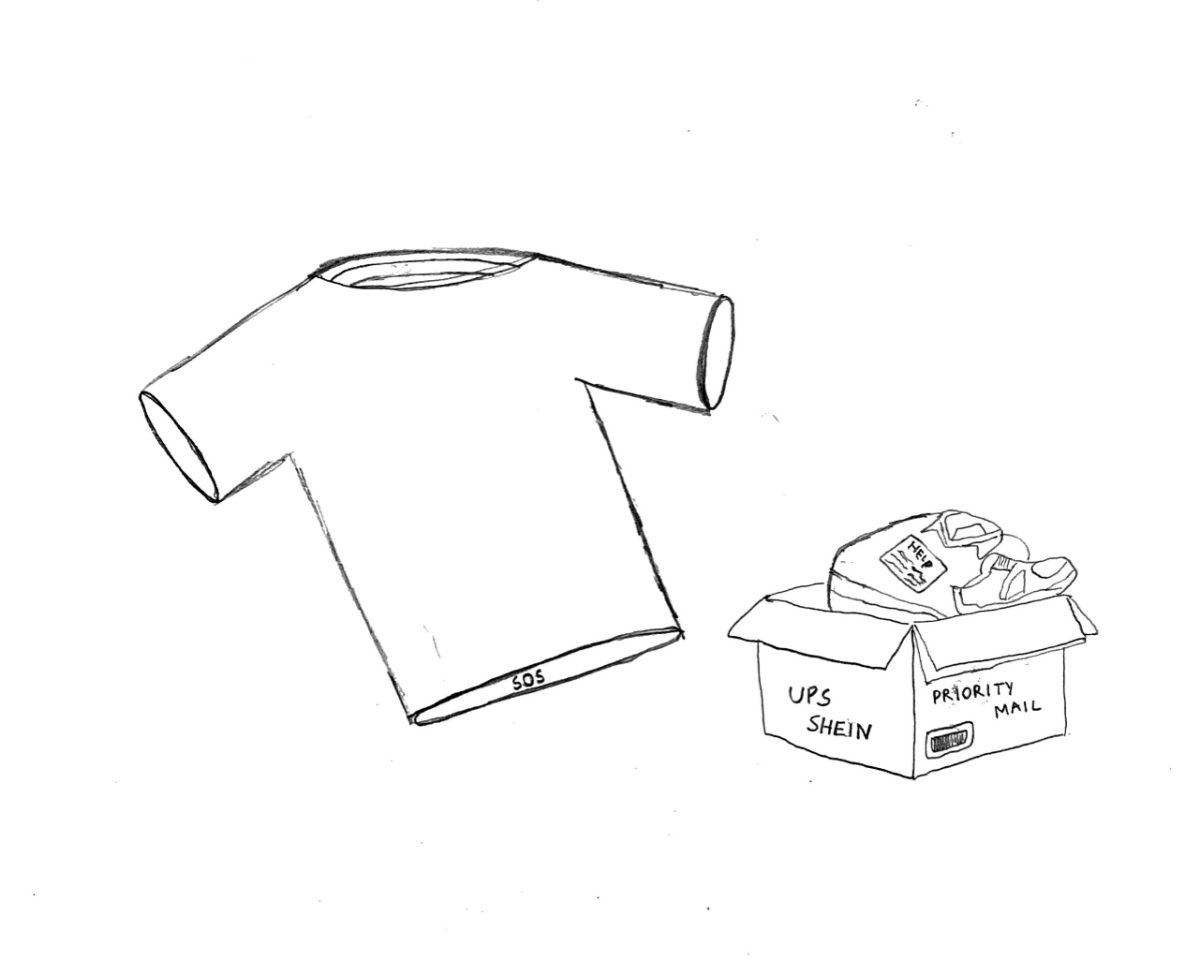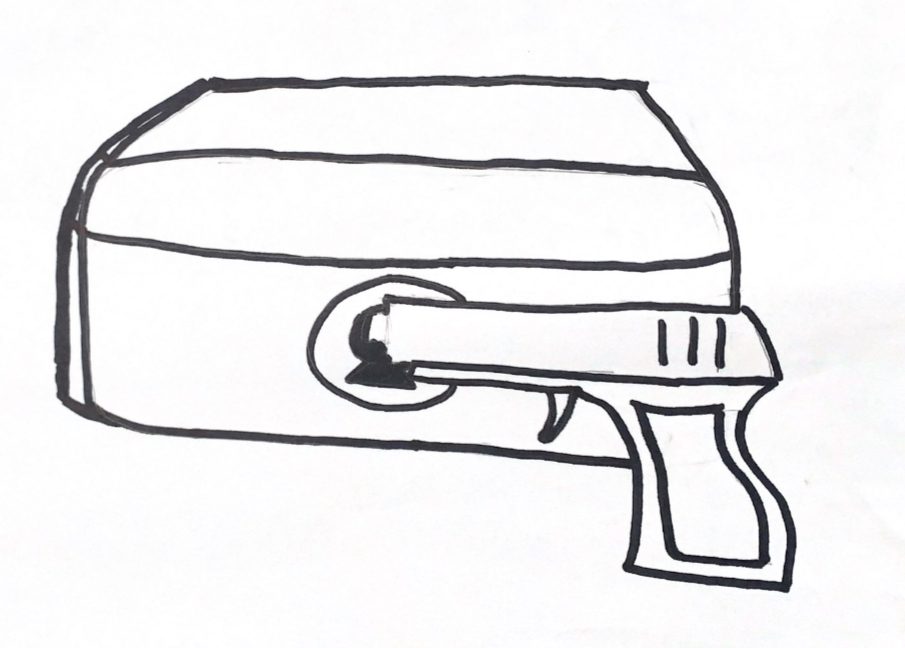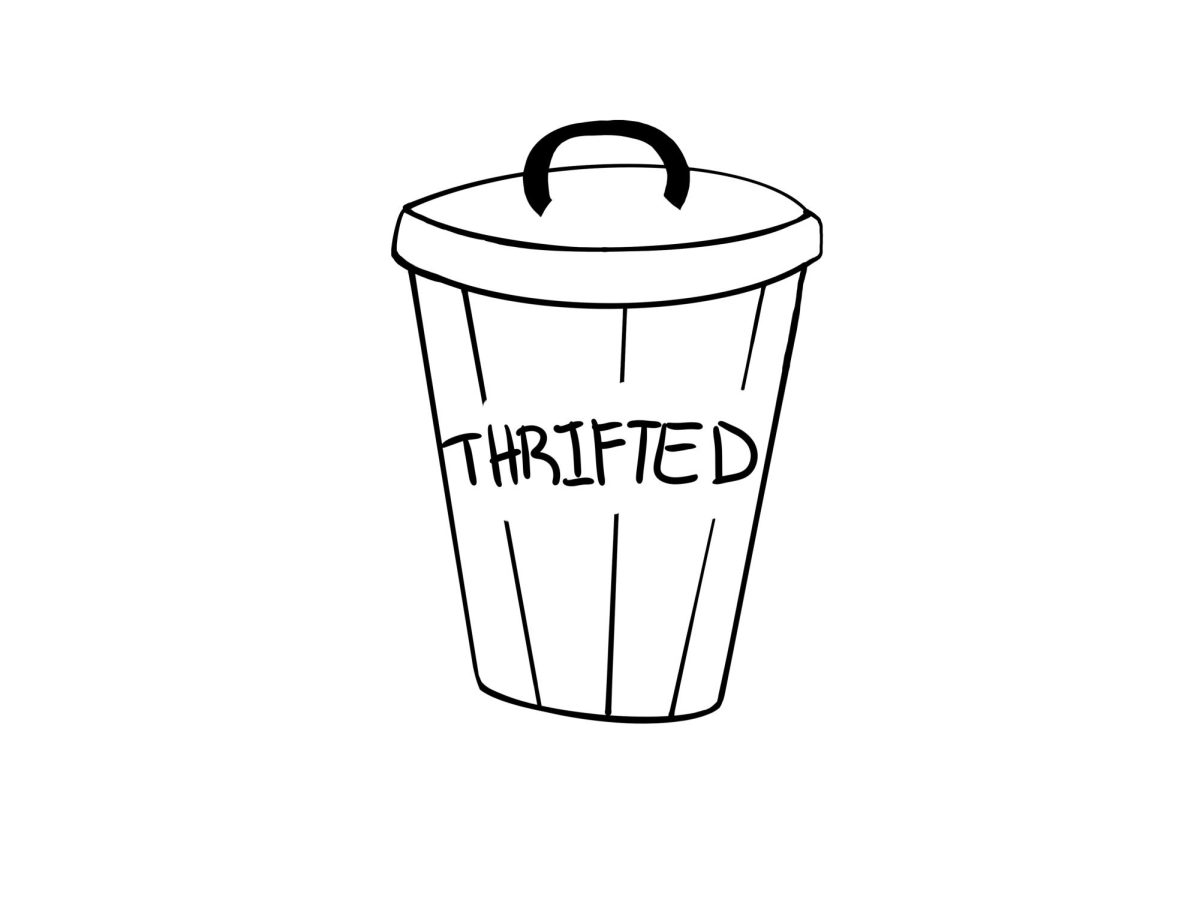
According to a study conducted about millennials by the US Chamber Foundation, parents of millennials play a large part in their children’s educational experience through their active involvement. Working hard will hopefully prepare us for a successful future—in whatever means success is measured—but what isn’t okay is parents being overly involved roles in their children’s lives, both educationally and extra-curricularly. This not only leads to a lack of independence amongst teens, but also self-accountability.
Time after time I hear my classmates discussing their stress, and when asked where their stress is coming from, they simply reply, “my parents!” When I recently asked a friend about his top choice for college, he asked me whether I wanted to hear his first choice, or his parents’ first choice. And herein lies the problem: helicopter parenting.
In my economics class, we recently discussed short-term versus long-term benefits. Though this idea was aimed more at economic policy, I began to apply it to all aspects of my life. These long-term and short-term gains can also be applied to the life of a helicopter parent’s child.
Let’s take high school junior “Joey,” for example. Joey is an average junior boy. He plays sports, but doesn’t always turn his homework in on time and rarely takes time to study. His average GPA is a 3.2, and he hasn’t begun thinking about standardized testing yet. The problem with Joey is his motivation, or lack thereof. In a situation like this, it’s safe to say Joey needs some incentive to focus a bit more heavily on his academics. Now let’s take his counterpart, “Tim.” Tim is also a junior, and as he plays sports, he also has managed to maintain a 4.5 GPA while being involved in extracurriculars. Little do most people know, Tim’s parents are constantly pressuring him to do better. They make sure he is keeping his grades up by checking his grades, pester him to study for the SAT twice a week, as well as urge him to stay on top of his volunteer and sports commitments. This constant nagging doesn’t teach Tim to take responsibility for his own actions, and will harm him in the future when his parent’s aren’t there to remind him to stay on top of his commitments.
While there’s a difference between nature and nurture, and there’s an even bigger difference between nurture and coddling. Teens whose parents are overbearing are more likely to face difficulty when entering college and the real world.
This encompasses the very essence of helicopter parenting, the epitome in which students seem to be motivated by their fear of failure and need to succeed by their parents.
In the book “Excellent Sheep: The Miseducation of the American Elite and the Way to a Meaningful Life”, William Deresiewicz provides links between academically overbearing parents with depression and high levels of stress.
I understand I am not a parent. I understand I am nowhere near qualified to speak on behalf of an adult, of a guardian, or of a caregiver. However, I am qualified to speak as a teenager who is encapsulated in the midst of her peers who are experiencing extreme forms of helicopter parenting. I, for one, have been blessed enough to never have had my parents dictate my academic, social, and extracurricular passions. From an early age, my parents trusted my judgment. It began with candy. I was only allowed one “sweet treat” a day, and was given the choice of when I wanted it. As I soon learned that receiving my treat right after school wasn’t the best tactic, I calculated when the best time to have it would be. This not only instilled within me a sense of self-accountability, but also improved my confidence in decision making skills. I learned that I was the only person to blame for my mistakes, and that I was the only one in charge of my academic future. Had my parents been hovering over my every move as an adolescent, as well as a teen, I would not have developed the same sense of self-accountability.
Teenagers need to develop a sense of self-sufficiency, and aren’t able to do so with their parents constantly pestering them.

















